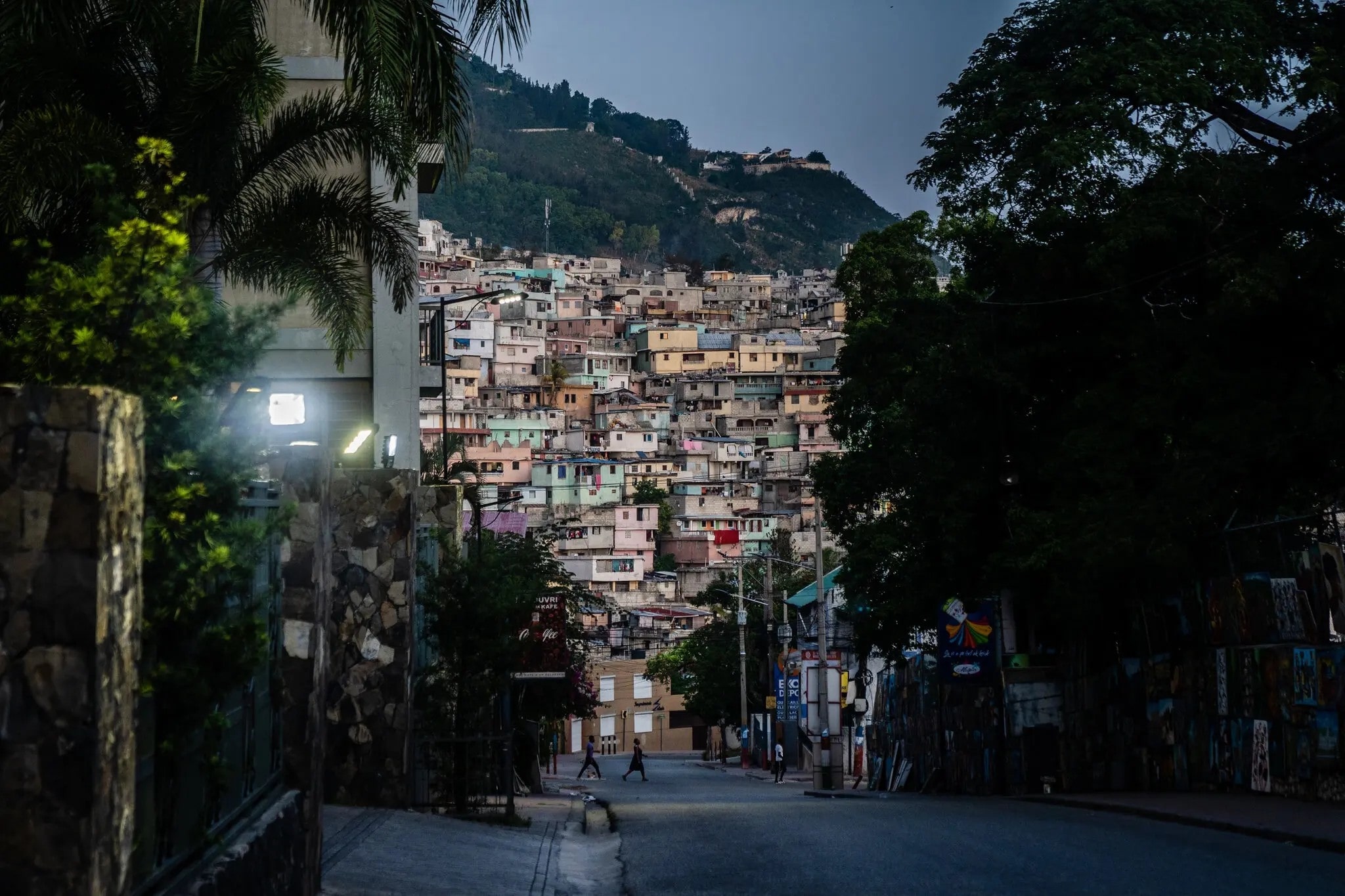Restorative justice has significantly evolved from its initial focus on repairing the harm caused by interpersonal crimes involving clearly identifiable victims and offenders. Traditionally, the "restorative idea" aimed to facilitate reconciliation and address immediate harm through face-to-face meetings. However, the field has grown into a broader social movement that addresses not only interpersonal conflicts but also structural and systemic issues. This shift reflects a deeper understanding of harm, recognizing that it often stems from broader social injustices and that many individuals who cause harm have themselves been victims, including of systemic oppression. Rather than confining its focus to individual interpersonal relations, restorative justice now includes more complex dynamics within collective, institutional, and organizational contexts, as well as interactions with nature and “more-than-human” animals, as evidenced by studies in environmental restorative justice. Contemporary restorative justice aims to challenge oppressive structures, promote social healing, and transform the societal conditions that give rise to conflict. This evolution underscores the importance of moving beyond the simple victim-offender dyad to embrace a more holistic and inclusive approach that addresses the complex realities of harm in our society.
A recent article on Haiti's current challenges underscores the necessity of expanding our approach to restorative justice beyond its traditional boundaries. Haiti’s new interim government faces immense challenges, particularly the urgent need to break the grip of gangs over Port au Prince. The article highlights that force alone will not bring peace; instead, it calls for creative, whole-of-society mechanisms to divert gang members from crime and violence. This approach aligns perfectly with the evolved understanding of restorative justice, which now addresses structural and systemic issues alongside interpersonal conflicts. The application of transitional and restorative justice mechanisms in Haiti, as suggested in the article, aims to provide healing, truth, justice, reparation, and non-repetition. By following models like Colombia’s transitional restorative justice system and Guatemala’s hybrid prosecution system, Haiti can develop a justice framework that not only processes cases effectively but also fosters societal reconciliation and institutional strengthening.
At the International Institute for Restorative Practices (IIRP) Graduate School, our restorative justice courses encourage students to engage in deep discussions about the complexities of crime, conflict, justice, and peace. In RP 622 – History, Evolution, and Critical Issues in Restorative Justice, we explore the transition from addressing immediate, interpersonal harm to transforming the societal conditions that foster violence and crime. This course covers both traditional restorative justice practices and their expanded applications, involving case study reviews, critical analyses of current practices, and an exploration of restorative justice’s potential for broader societal impact. RP 623 – Restorative Justice: Global Perspectives delves into how various nations have developed justice systems that foster societal reconciliation and strengthen institutions. The course includes in-depth analyses of Colombia’s transitional restorative justice model, South Africa’s Truth and Reconciliation process post-apartheid, and other international examples. These case studies provide students with a global perspective on healing and justice while emphasizing the importance of context-specific approaches. RP 637 – Social Justice and Restorative Practices examines social justice theories and the application of restorative practices to social causes. Students investigate patterns of social injustice, analyze assumptions across cultural identities, and review strategies for disrupting this injustice. The course emphasizes the intersection of social and restorative justice, empowering students to advance social movements through community engagement principles. As early as in our foundational course, RP 504 - Foundations of Restorative Practices, students are introduced to required readings that intersect restorative and racial justice, highlighting the potential of restorative justice to address America's racist history.
Through these and other courses, we aim to equip our students with the knowledge and skills necessary to apply restorative justice principles in diverse contexts, addressing both interpersonal and systemic issues. In doing so, we contribute to a global movement that seeks to create a more just and equitable world. This aligns with the new frontiers of restorative justice as exemplified by the innovative approaches discussed in the article on Haiti. By embracing these expanded dimensions of restorative justice, we continue to push the boundaries of how we understand and address harm, ultimately fostering greater societal transformation.
This article was written by Fernanda Fonseca Rosenblatt, Ph.D., IIRP Graduate School Associate Professor and Professor of Law at the Catholic University of Pernambuco - UNICAP (Brazil).

